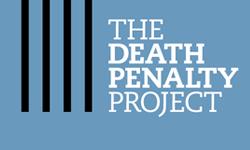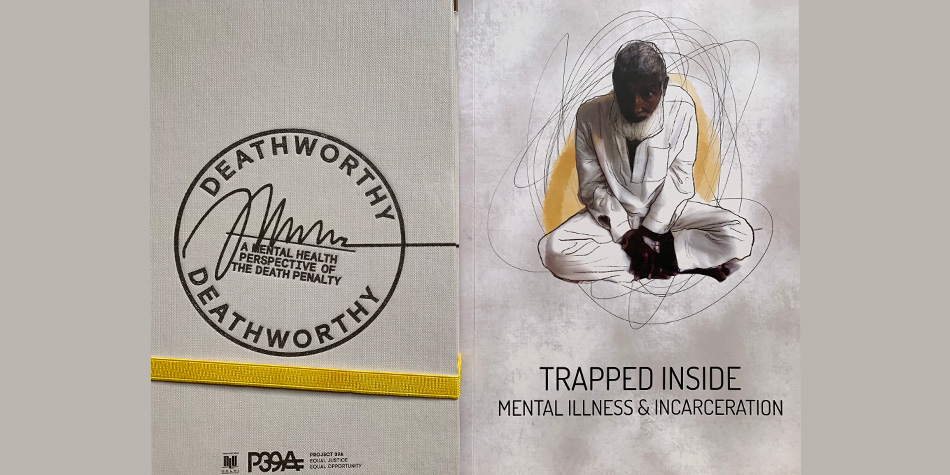United Kingdom
The Death Penalty Project (DPP)
The Death Penalty Project is an international legal action charity, based in London, working to promote and protect the human rights of those facing the death penalty.
We provide free legal representation to death row prisoners around the world, with a focus on Commonwealth countries, to highlight miscarriages of justice and breaches of human rights. We also assist other vulnerable prisoners, including juveniles, those who suffer from mental health issues and prisoners serving long-term sentences.
For more than three decades, our work has played a critical role in identifying miscarriages of justice, promoting minimum fair-trial guarantees in capital cases, and in establishing violations of domestic and international law. Through our legal work, the application of the death penalty has been restricted in many countries in line with international human rights standards.
To complement our legal activities, we conduct capacity building activities for members of the judiciary, defence lawyers and prosecutors; commission studies on criminal justice and human rights issues relating to the death penalty; and engage in dialogue with governments and key stakeholders to promote informed debate.
Date founded
1992Structure type
NGO

 87-91 Newman Street
87-91 Newman Street Phone +44 203 206 2748
Phone +44 203 206 2748







